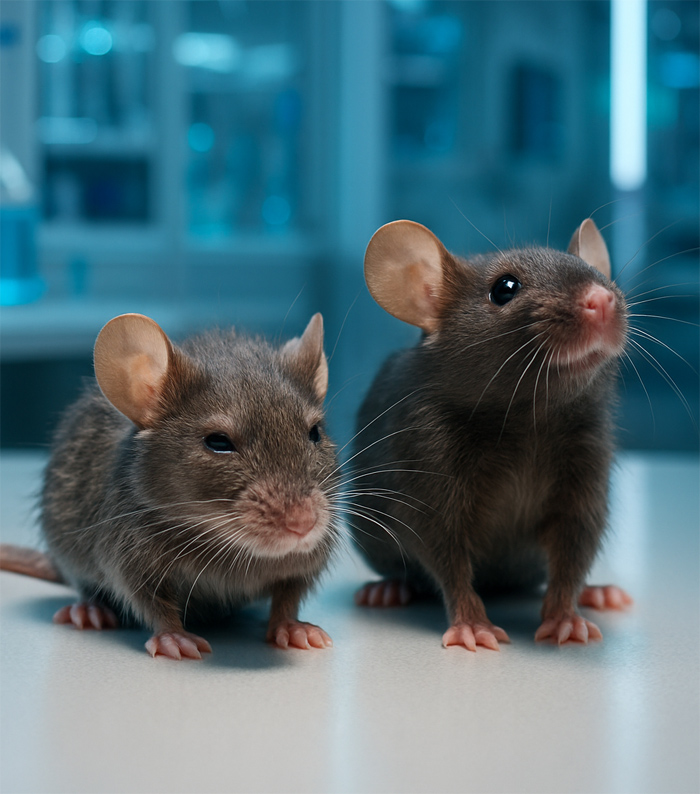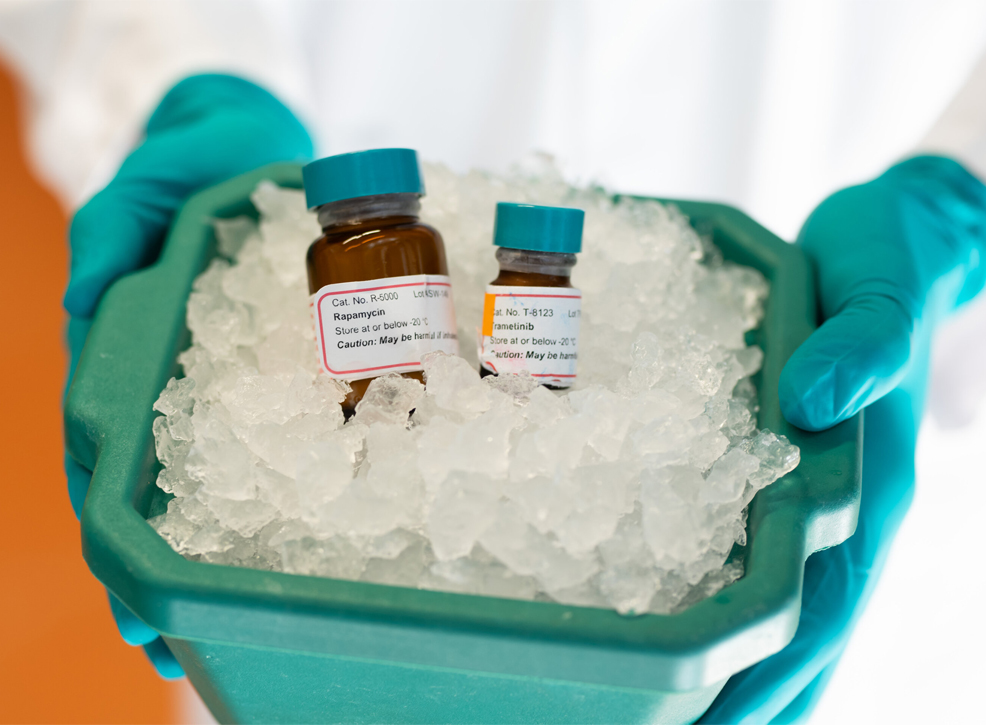
3rd June 2025 Drug combo extends mouse lifespan by up to 35% In tests on mice, a combination of Rapamycin and Trametinib extended the animals' lifespans by 26–35% and worked better than either of the drugs alone.
A new study by researchers at the Max Planck Institute for Biology of Ageing has revealed that a combination of two existing drugs, Rapamycin and Trametinib, significantly extends the lifespan of mice. Not only does this drug cocktail increase longevity, but it also improves health in old age by reducing inflammation and delaying the onset of cancer. Rapamycin is already well-known in the scientific community for its anti-aging effect in animal models. This compound works by blocking a crucial aging pathway known as mTOR, which plays a major role in regulating cellular energy and growth. Trametinib, meanwhile, targets another pathway called Ras–MEK–ERK, typically associated with cancer growth and inflammation. While Rapamycin alone has previously shown lifespan increases of around 15–20%, and Trametinib alone about 5–10%, combining these drugs produced a synergistic effect, extending lifespans by as much as 35%. The researchers administered these drugs to hundreds of mice – both male and female – from six months old. The results were clear: both sexes experienced substantial lifespan extensions, though the greatest benefits appeared in females, with up to 35% longer life, while males enjoyed an increase of around 26%.
Significantly, this drug combination had other remarkable health benefits. Treated mice showed lower rates of chronic inflammation, an age-related condition closely linked to diseases like cancer, heart disease, and cognitive decline. The combination treatment notably reduced liver tumours in both sexes and delayed the appearance of spleen tumours in males. Additionally, age-related increases in glucose uptake within the brain – a potential indicator of cognitive decline – were effectively countered by this treatment. The underlying mechanisms behind these impressive results seem to lie in how the drugs interact at a genetic level. The combination alters gene activity differently than either drug alone, producing unique effects rather than merely amplifying the dosage of each drug. Importantly, the researchers reported no significant increase in adverse side effects compared to each drug alone, which adds promise for potential human application. Moving forward, the team plans further studies to determine optimal dosing strategies for maximising these health and lifespan benefits. Given that Trametinib is already approved for cancer treatment in humans, there's a clear pathway towards potential clinical trials testing its anti-aging capabilities, especially in combination with Rapamycin. "Trametinib, especially in combination with Rapamycin, is a good candidate to be tested in clinical trials as a geroprotector," said Sebastian Grönke, a co-author of the study, which appears in Nature Aging. "We hope that our results will be taken up by others and tested in humans." "We hope that the drugs we're investigating could help people to stay healthy and disease-free for longer late in life," explained Professor Dame Linda Partridge, senior co-author of the study. "Further research in humans in years to come will help us to elucidate how these drugs may be useful to people, and who might be able to benefit."
Comments »
If you enjoyed this article, please consider sharing it:
|
||||||








